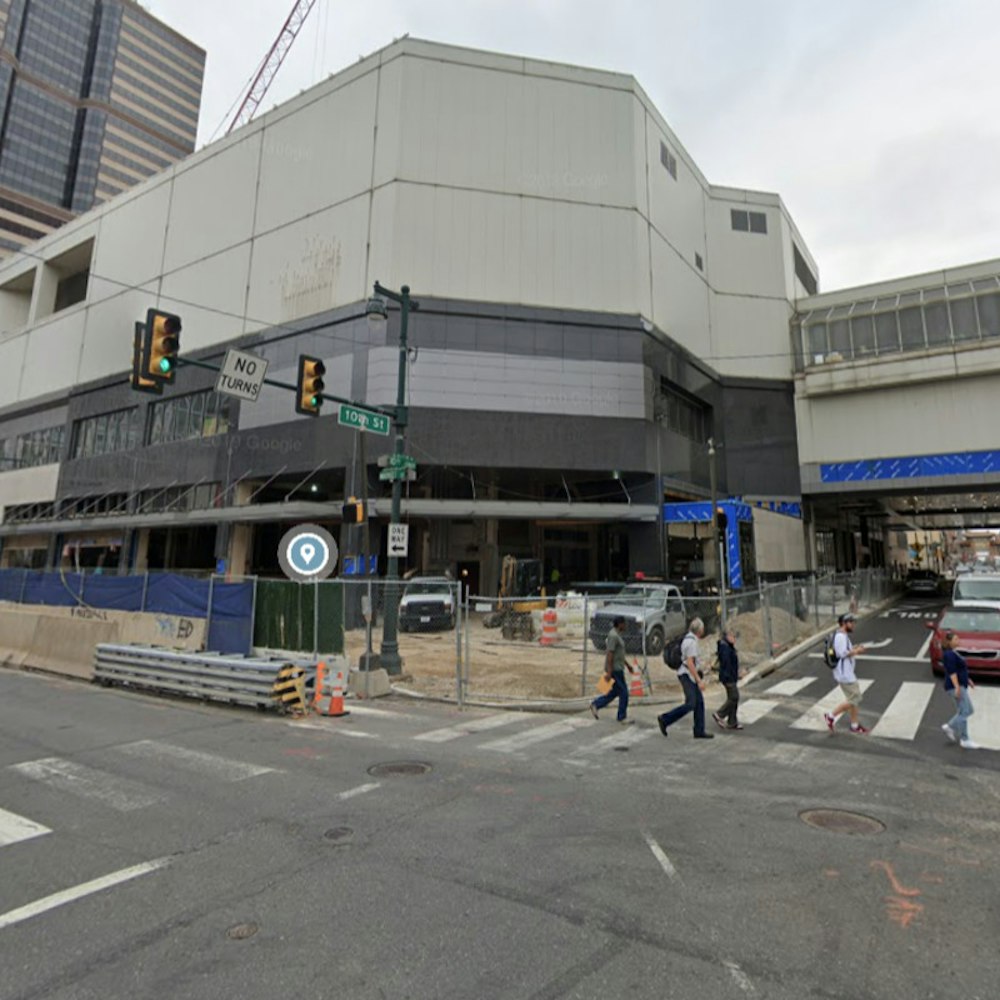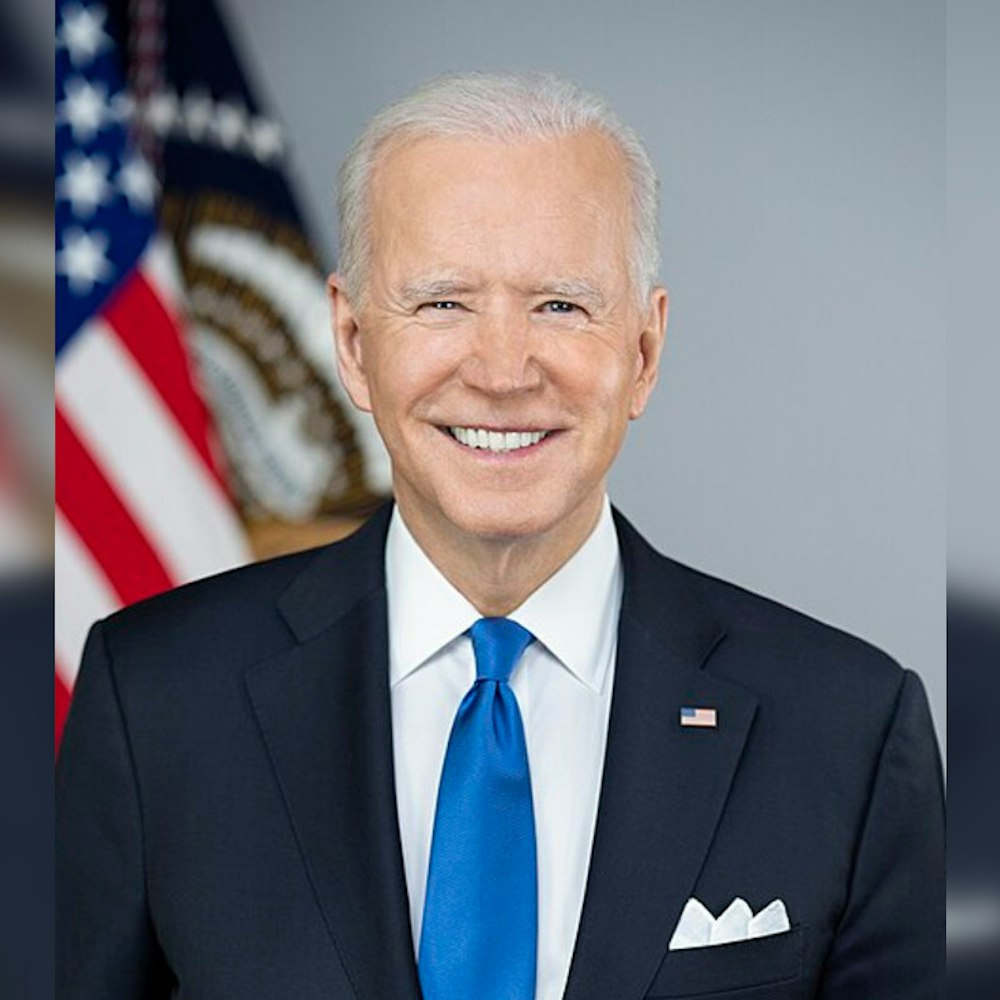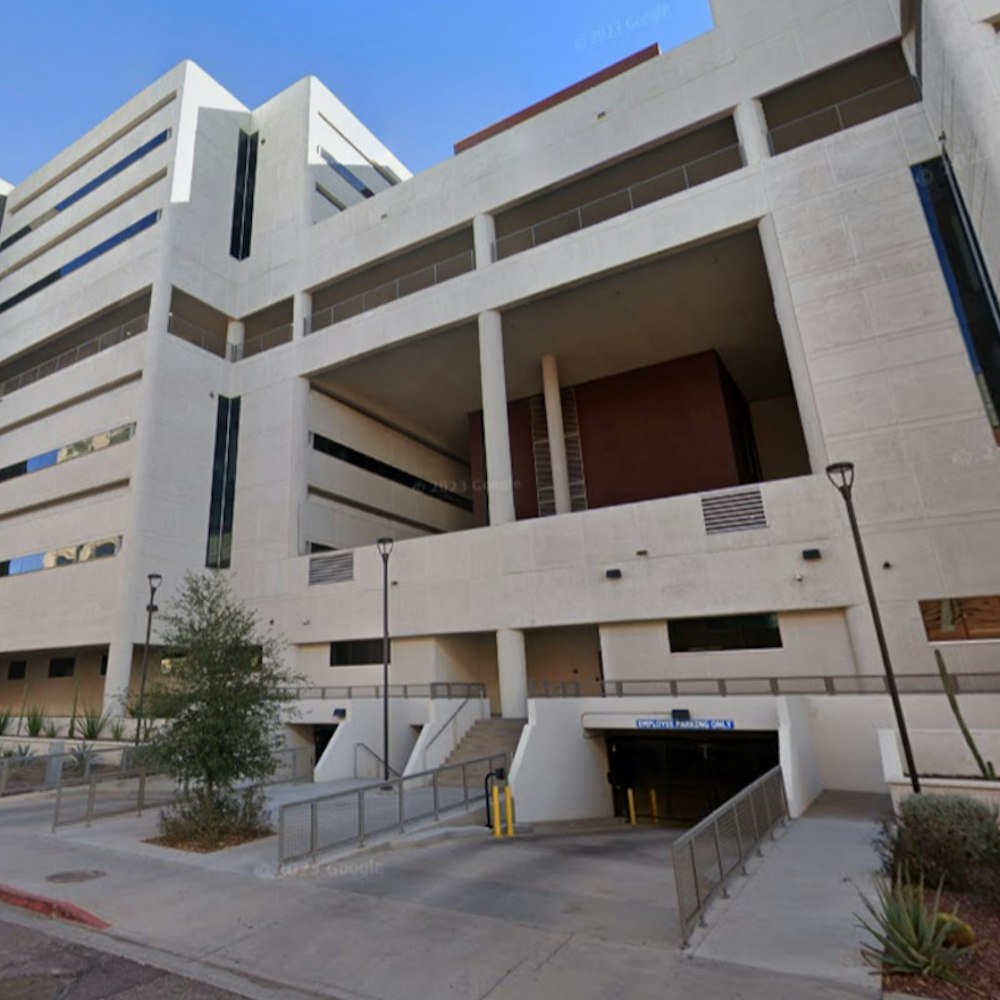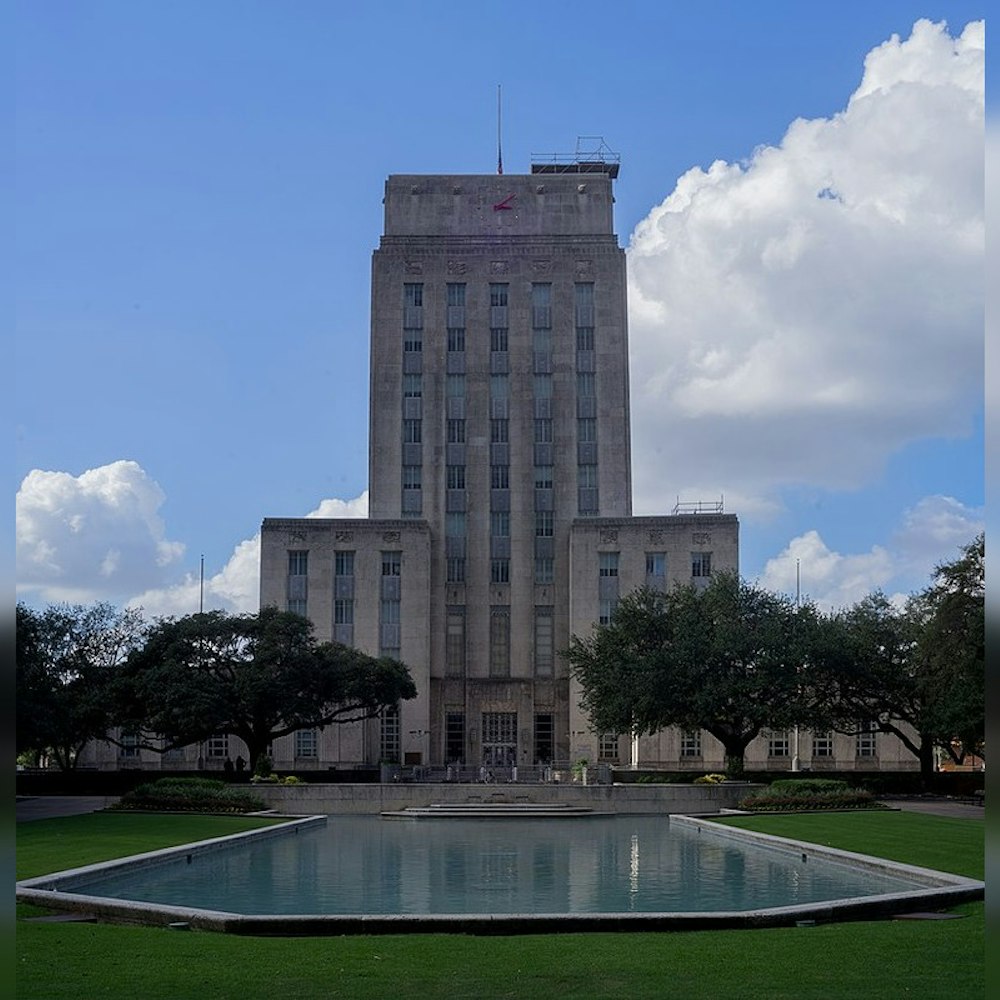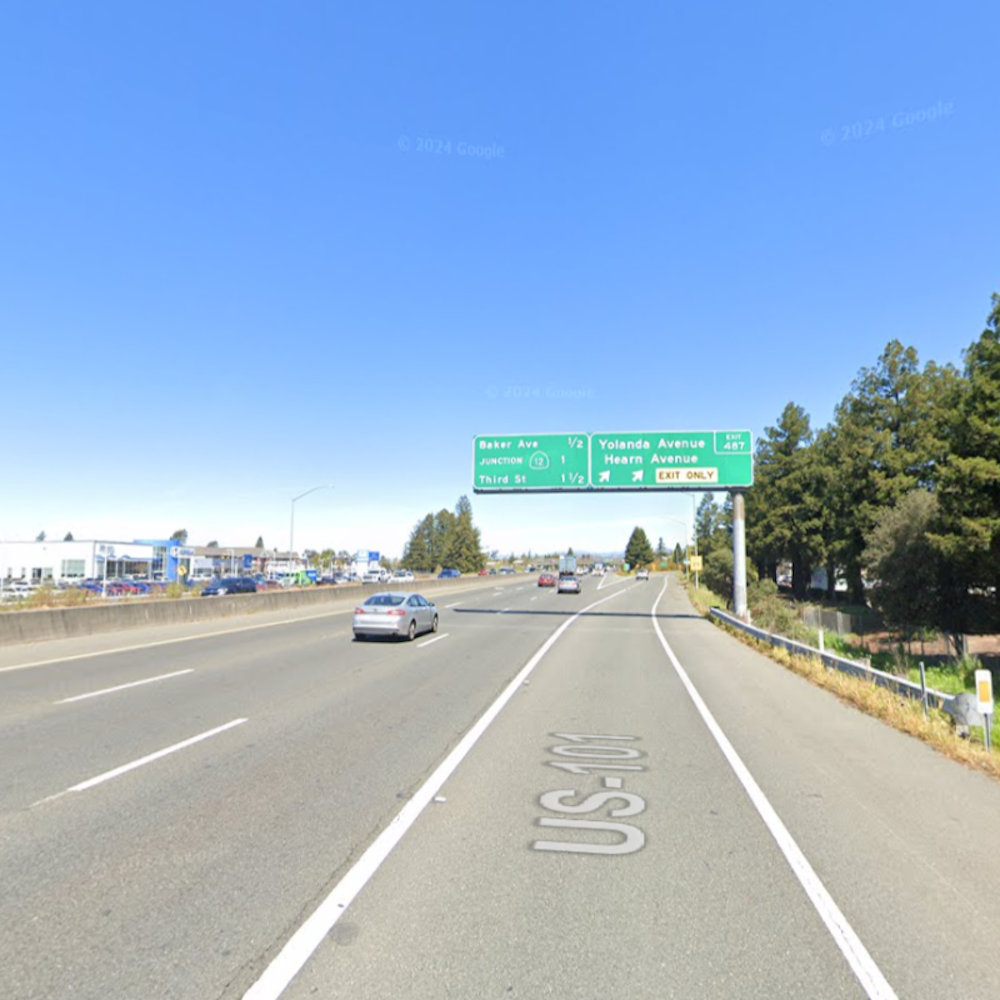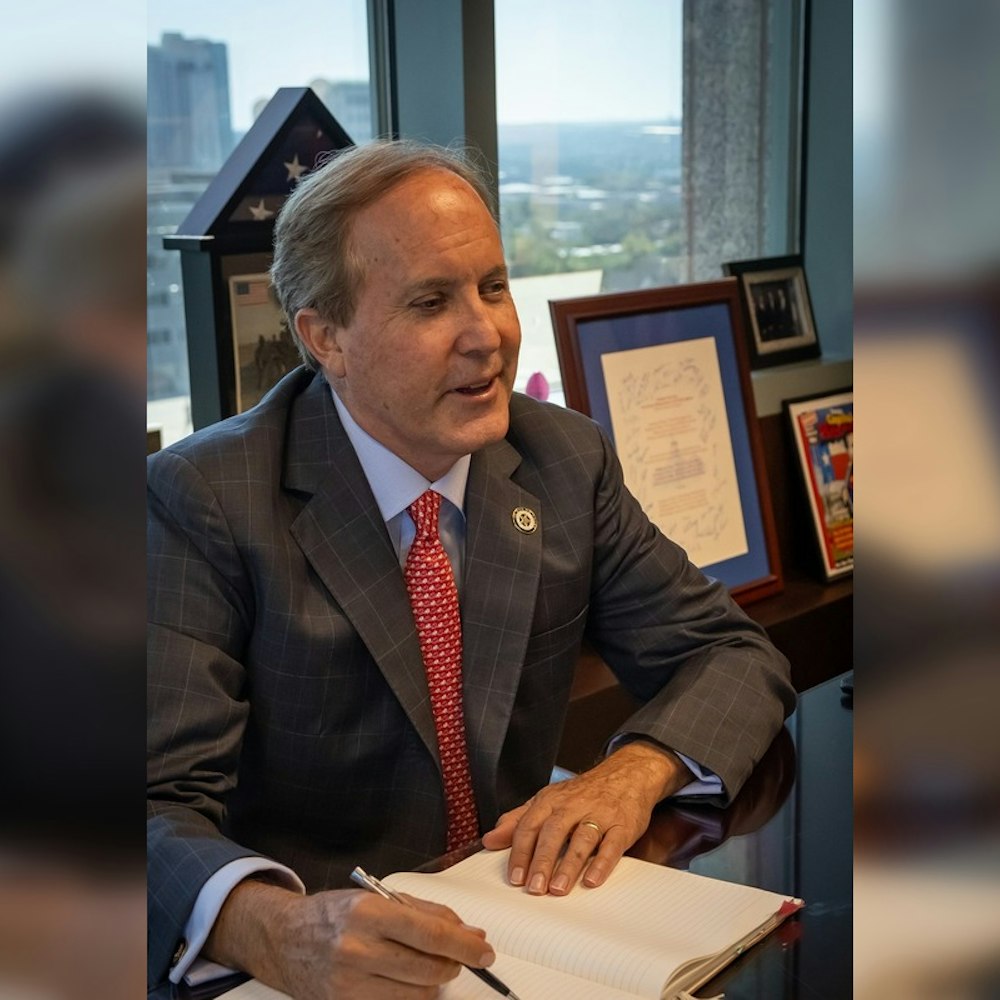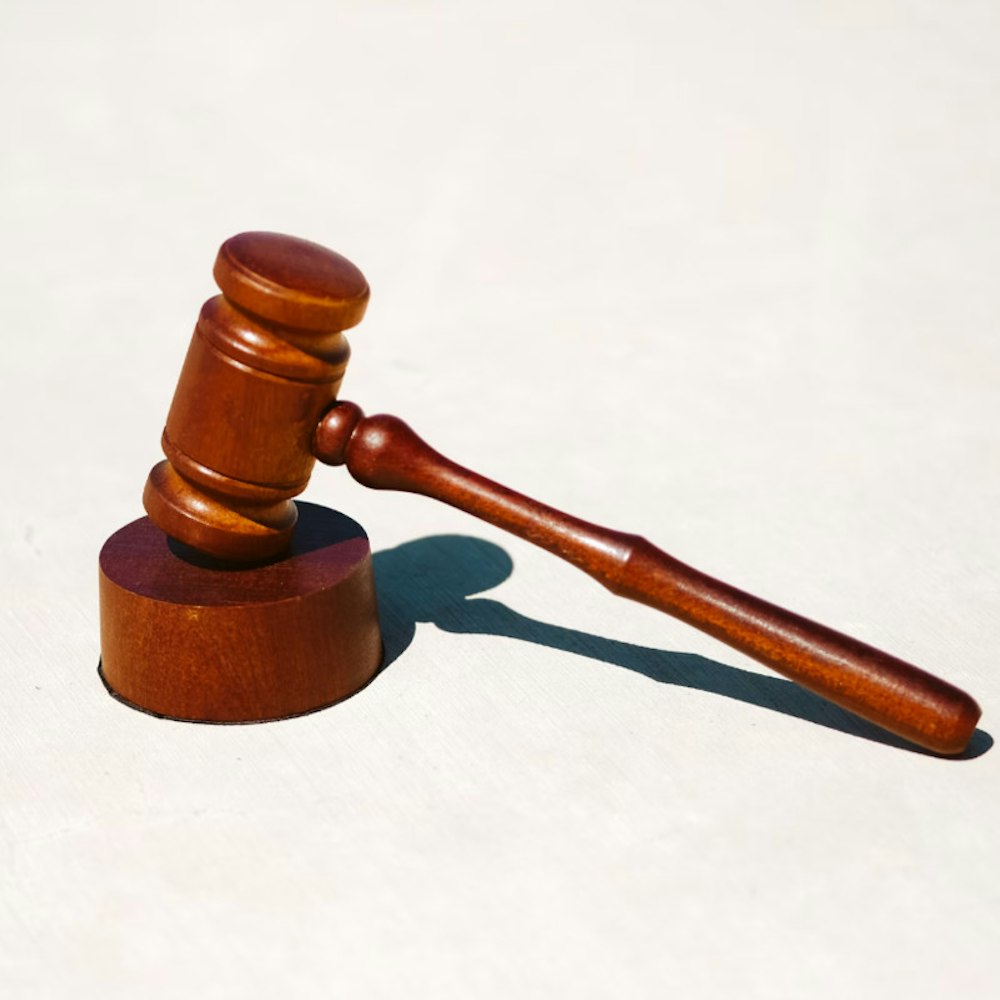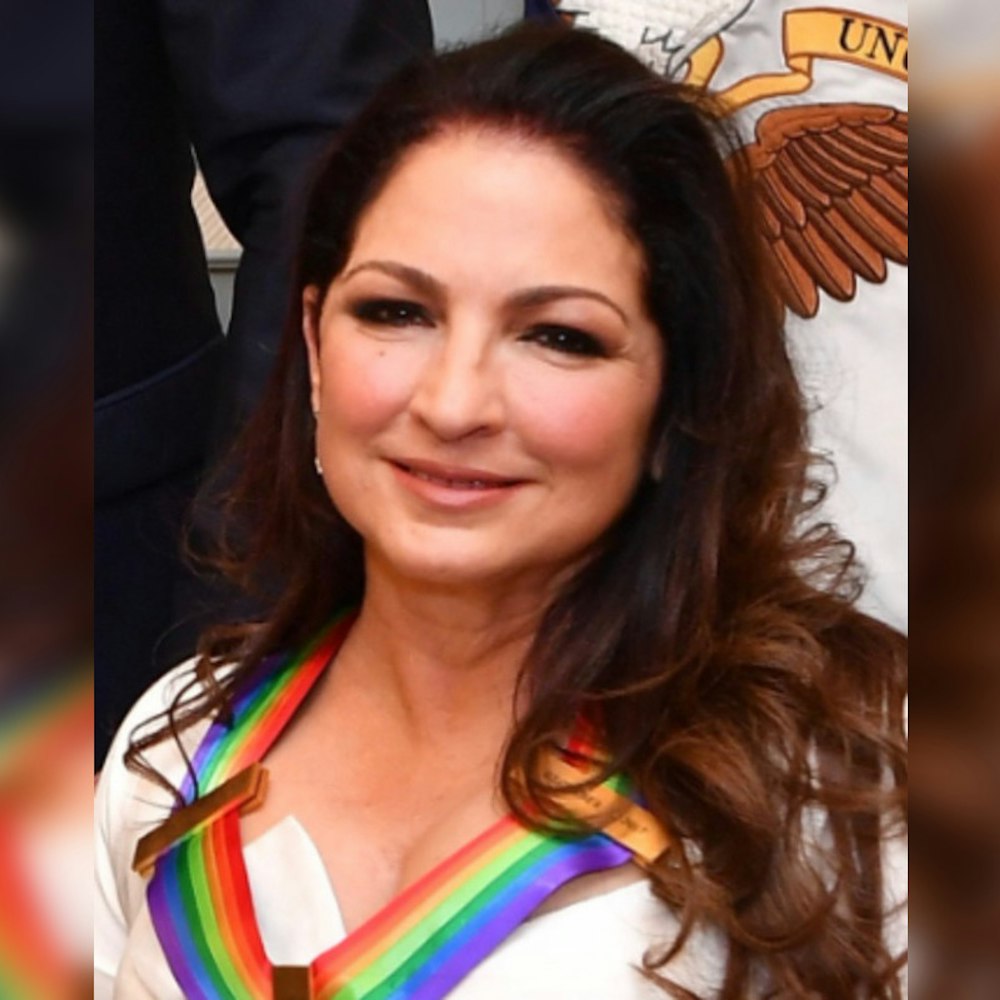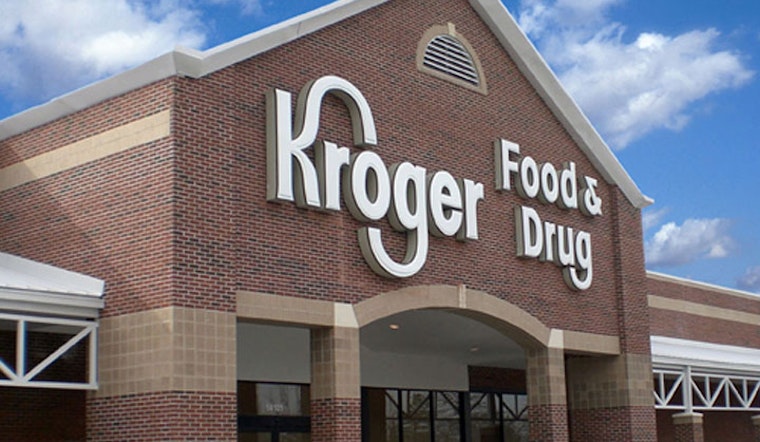
In a high-stakes challenge to corporate consolidation in grocery aisles, the Federal Trade Commission (FTC) has initiated legal action to block the proposed $24.6 billion merger between supermarket behemoths Kroger and Albertsons. The federal agency, bolstered by the support of nine states, argues that the merger threatens to squash competition, potentially leading to inflated prices for consumers and diminished bargaining power for grocery store employees. The New York Times reported that the deal if it were to proceed, would mark the largest supermarket merger in U.S. history.
Amidst growing concerns about the cost of living, the FTC's move asserts that the combination of the two retail giants will hurt industry competition and harm consumers already burdened by rising grocery bills. "Kroger's acquisition of Albertsons would lead to additional grocery price hikes for everyday goods, further exacerbating the financial strain consumers across the country face today," Henry Liu, director of the FTC’s Bureau of Competition, said in a news release obtained by The Seattle Times. This suit includes Washington, which independently sued to stall the merger back on January 15.
The unfolding legal drama also features a separate lawsuit jointly filed by the FTC and nine state attorneys general in the U.S. District Court for the District of Oregon. This bipartisan push amplifies the regulatory scrutiny on antitrust issues, especially within the retail food sector. The FTC has also moved to seek a temporary restraining order and preliminary injunction to keep the merger at bay while the Commission’s administrative process grinds along. As reported by The Orange County Register, both Kroger and Albertsons are scheduling last-ditch meetings with the FTC to salvage their merger ambitions.
In their defense, Kroger and Albertsons have quickly countered the FTC's lawsuit, arguing that blocking the merger would paradoxically harm consumers and empower their non-union competitors like Amazon, Walmart, and Costco. A Kroger spokesperson, cited by The Seattle Times, stated that "Kroger’s business model is to take costs out of the business and invest in lowering prices for customers." Meanwhile, Albertsons echoes this sentiment and highlights the FTC action as a boon for "larger, multi-channel retailers [...] to continue increasing their growing dominance of the grocery industry," according to a statement relayed by their spokesperson. These chains are threading a narrative that their unified front would enable them to compete more effectively against these behemoths that continue to disrupt traditional grocery markets.
However, the opposition from the FTC underscores deep skepticism about whether divesting hundreds of stores to a third party, C&S Wholesale Grocers, will suffice in maintaining market competition. The agency questions C&S's capacity to manage these stores effectively, discrediting the idea that such a measure could replace the competitive edge a Kroger-Albertsons merge would erase. In this tussle over market power and consumer welfare, the lawsuit spotlights the central tension in antitrust debates: How to balance the scale between growing corporate consolidation and the protection of consumer interests in an increasingly concentrated market.

